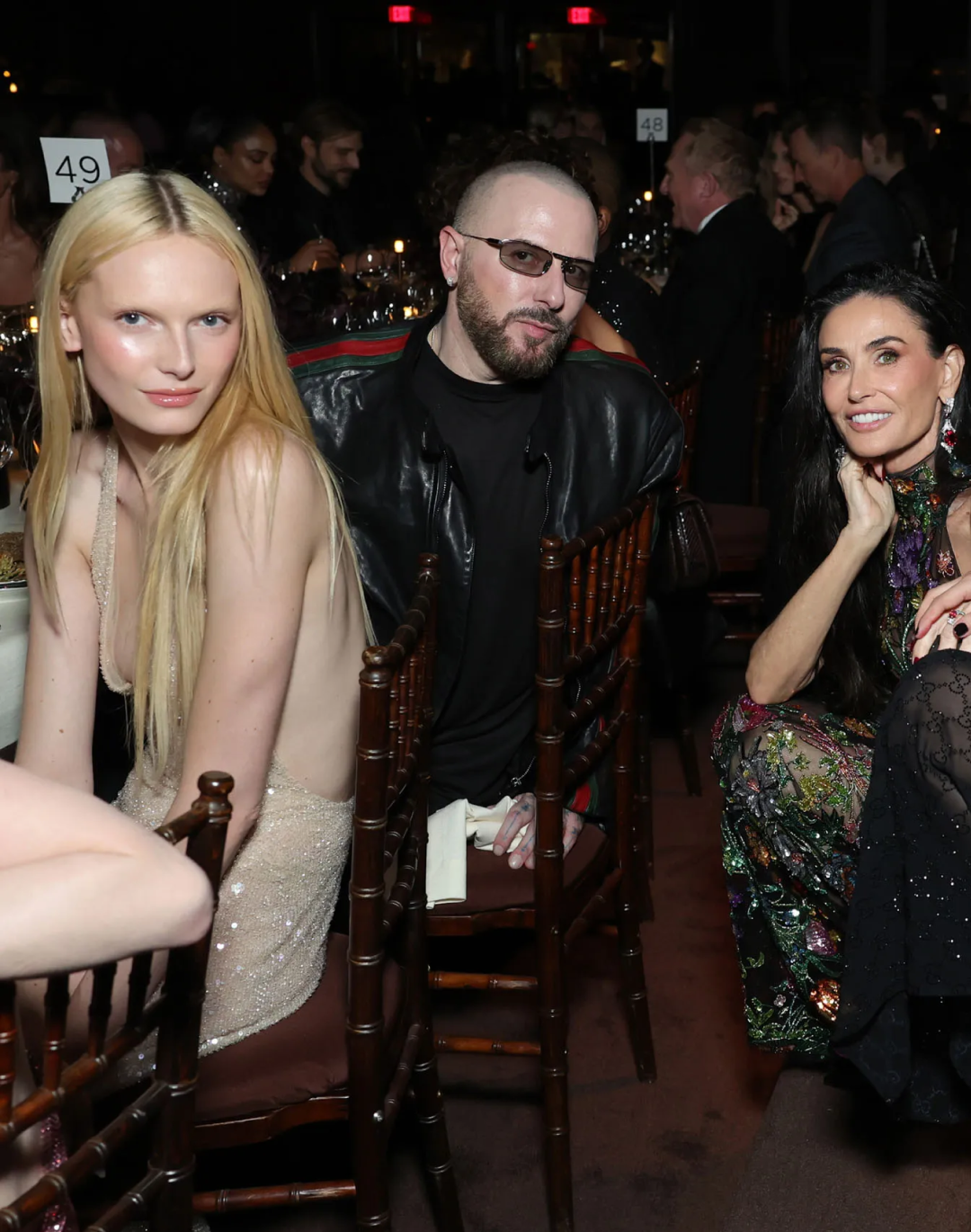
Alexander McQueen is having trouble with the taxman And Kering is trying to resolve the issue with the tax authorities
Kering and its owner, François-Henri Pinault, are facing new headaches due to a new tax investigation in Italy involving the brand Alexander McQueen, part of its portfolio. It all started with an accusation by the Guardia di Finanza, as reported by Reuters, claiming that the brand failed to declare between 60 and 70 million euros of taxable income between 2016 and 2022. The Florence Prosecutor's Office has launched an investigation for alleged failure to declare income – and this is not the first time a group brand has faced such scrutiny. In a statement, Kering confirmed that negotiations are ongoing with the Italian Revenue Agency to resolve the matter. The group expressed confidence in the correctness of its operations, stating that it is conducting the negotiations in a spirit of constructive dialogue. The Florence Prosecutor's Office, the Guardia di Finanza, and the Italian Revenue Agency have not provided official statements. The issue lies in the fact that Alexander McQueen reportedly registered its revenues through Kering's Swiss subsidiary, Luxury Goods International, which operates under a more favorable tax regime. However, according to Italian authorities, these revenues, being linked to Italian activities, should have been taxed in Italy.
This is not the first time Kering has had to resolve tax disputes in the country. In 2019, the group agreed to pay 1.25 billion euros to close a long-standing dispute involving one of its brands, while in 2022, it paid 186 million euros for another similar case. In both cases, Italian authorities challenged similar practices, with revenues accounted for through the same Luxury Goods International. This approach, according to Italian tax authorities, allows companies to lower their tax burden by shifting profits to countries with lower taxes, a practice seen as tax avoidance. As in the past, if Kering and the Italian Revenue Agency reach an agreement, the Prosecutor's Office may close the criminal proceedings through dismissal or plea bargaining. Nevertheless, the case raises numerous questions about the tax practices of luxury multinationals and their strategies to minimize their tax burden – a practice also employed by Italian companies like Ferrero, Exor, Fca and Cnh, Perfetti Van Melle, STMicroelectronics, as already highlighted in 2020 by Milena Gabanelli in Il Corriere della Sera. The episode also highlights how the fashion and luxury sector is under increasing scrutiny by Italian authorities, which not only brought to light the Dior bag scandal but, in recent years, have also initiated similar investigations against tech giants like Apple, Amazon, and Facebook, collecting billions of euros in fines and back taxes.













































